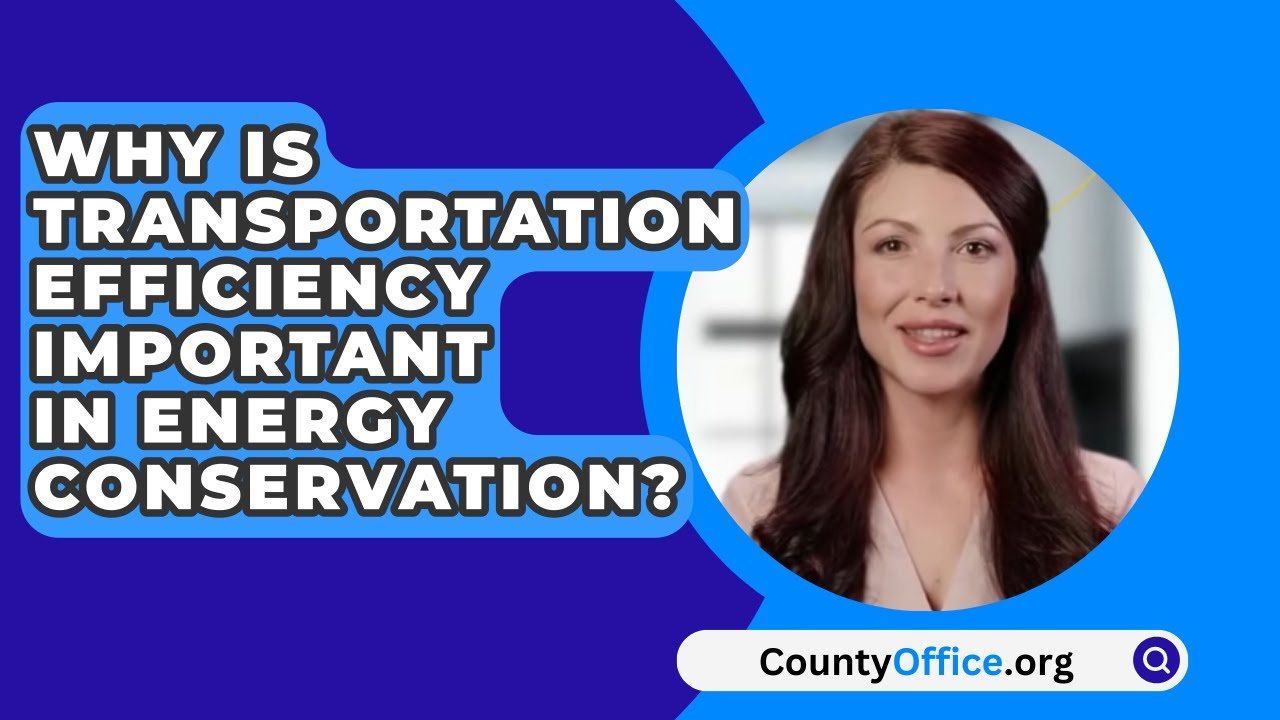The Importance of Energy-Efficient Transportation Options for Schools
In today’s world, where the effects of climate change are becoming more pronounced, the importance of energy-efficient transportation options for schools cannot be overstated. Schools play a crucial role in shaping the future of our society, and by adopting sustainable practices in transportation, they can set a positive example for students and the community at large.
The Benefits of Energy-Efficient Transportation
Energy-efficient transportation options offer a wide range of benefits, both in terms of environmental impact and cost savings. By using alternative fuels such as electricity or biofuels, schools can significantly reduce their carbon footprint and contribute to cleaner air and a healthier environment for everyone.
Furthermore, energy-efficient vehicles often have lower operating costs, which can result in substantial savings for schools in the long run. By investing in fuel-efficient buses or implementing carpooling programs, schools can redirect funds towards other educational initiatives, ultimately benefiting both the institution and its students.
The Role of Technology in Energy-Efficient Transportation
Advancements in technology have made it easier than ever for schools to adopt energy-efficient transportation options. Electric vehicles, for example, are becoming increasingly accessible and affordable, offering a clean and quiet alternative to traditional gasoline-powered vehicles.
Moreover, smart transportation solutions, such as route optimization software and real-time tracking systems, can help schools streamline their transportation operations and reduce waste. By leveraging these technological tools, schools can not only improve efficiency but also enhance the overall safety and reliability of their transportation services.
Challenges and Solutions
While the transition to energy-efficient transportation options may present some challenges, such as initial investment costs and infrastructure limitations, there are several solutions available to schools looking to make the switch. Grant programs and incentives provided by government agencies and non-profit organizations can help offset the upfront costs of purchasing eco-friendly vehicles or implementing green transportation initiatives.
Additionally, partnerships with local businesses and community organizations can provide schools with support and resources to facilitate the adoption of energy-efficient transportation practices. By working together towards a common goal of sustainability, schools can create a positive impact on the environment and instill values of responsibility and conservation in their students.
The Future of Energy-Efficient Transportation
Looking ahead, the future of energy-efficient transportation for schools is promising. As technological advancements continue to drive innovation in the transportation sector, schools will have access to a wider range of options for reducing their carbon footprint and promoting sustainability.
By embracing change and prioritizing environmental stewardship, schools can pave the way for a more sustainable and resilient future. The vital role of energy-efficient transportation options in schools cannot be ignored, as they not only benefit the planet but also empower the next generation to be conscious and caring stewards of the environment.


